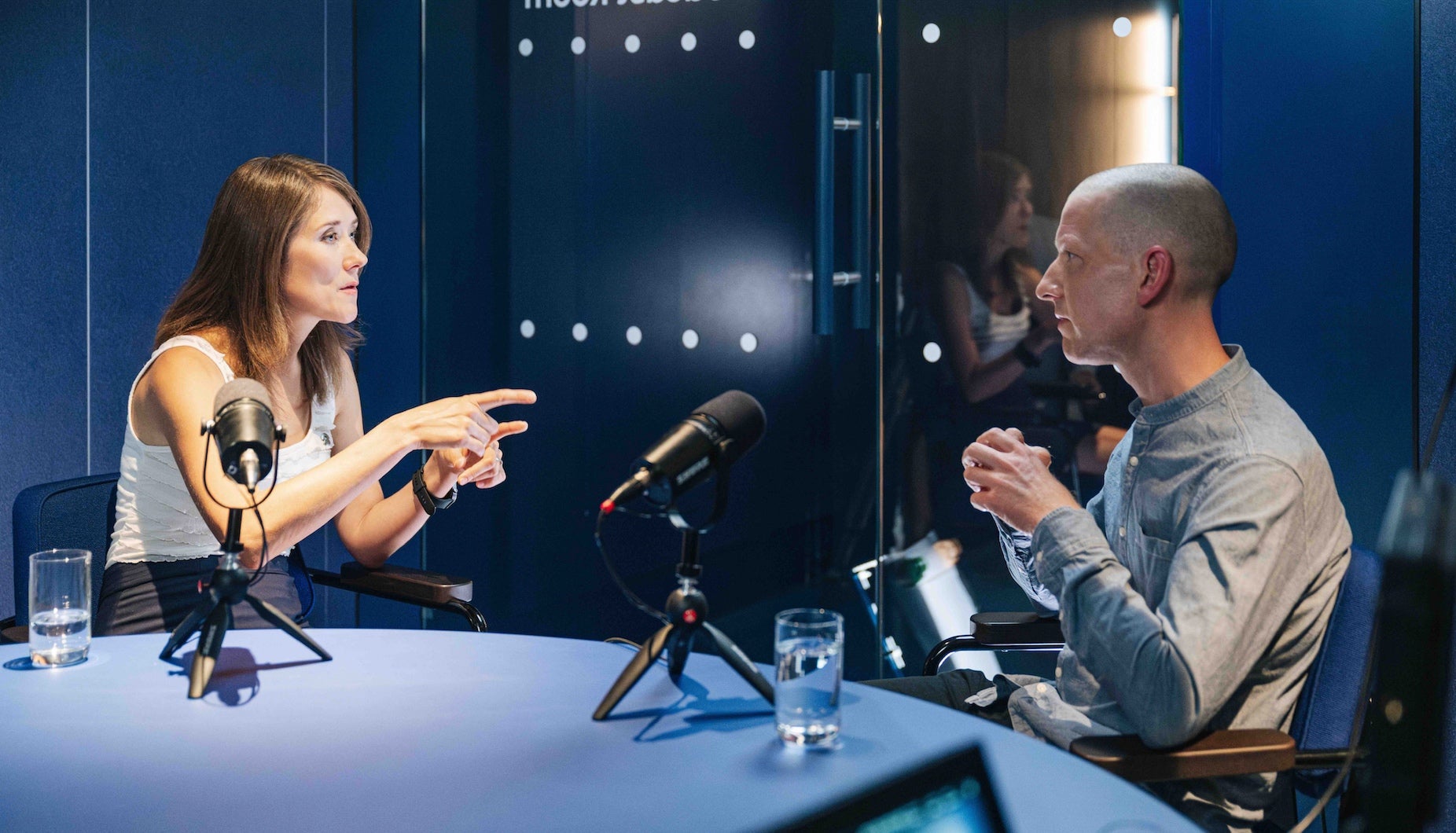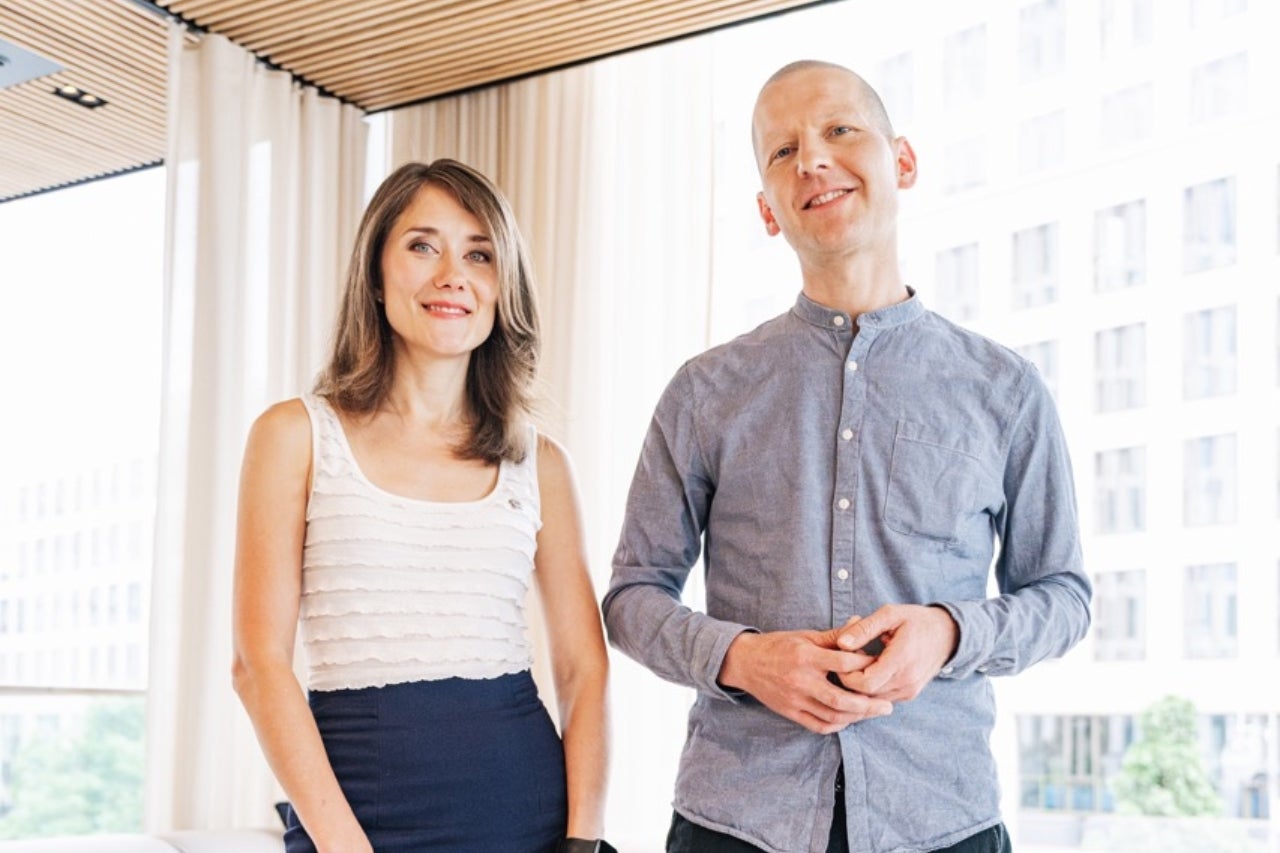House of NIO #1 – Beyond Autopilot: When Artificial Intelligence Makes Your Smart Car Even Smarter
08/02/2024 by NIO

The automotive world is at a tipping point. As e-mobility gains momentum and artificial intelligence (AI) becomes integral to innovation, the focus is shifting from traditional car design to smarter, more connected experiences. At NIO, we are leading this transformation by placing customers at the heart of everything we do. This vision was discussed in depth during the first episode of Season 2 of our House of NIO podcast, featuring Dr. Olga Khryapchenkova, our Lead Experience Manager for AI Voice Assistant, and Augustin Friedel, Senior Manager for Mobility Transformation at MHP, a Porsche company.
From software-defined to customer-defined vehicles
The automotive industry often discusses software-defined vehicles (SDVs) as the future. We, however, focus on what we call customer-defined vehicles, which means tailoring every aspect of our cars to the needs of our users. Augustin Friedel notes how the industry is increasingly exploring the potential of generative AI to enhance the user experience:
“We see a lot of interest in the industry to implement this. So it’s fascinating to see that NIO was so early with the voice assistant, when they launched it with the vehicles already in 2018.”– Augustin Friedel
We take this even further by using tools like NOMI and the NIO app to gather feedback, starting with user needs, when designing features, software, and hardware alike.
NOMI: Emotional intelligence behind the wheel
At the heart of our customer-first philosophy is NOMI, our AI voice assistant. Introduced in 2018, NOMI goes beyond functionality to offer a personalized companion that simplifies driving while creating meaningful interactions.
“NOMI is just the front end. The back end is what we call the user closed-loop system. That’s the system according to which the user feedback flows directly into feature development.” – Dr. Olga Khryapchenkova
This unique system ensures that user feedback is not only captured but actively influences new features, making the experience more dynamic and user-driven.
One standout example is NOMI’s ability to simplify complex tasks. For instance, drivers can ask questions about features like adaptive cruise control. Using retrieval-augmented generation (RAG) technology, NOMI provides clear, concise answers on the go.
“Users want to use the car manual – but the car manual is complicated. And while driving, people cannot really read through it in detail because of the cognitive load.” – Dr. Olga Khryapchenkova
With NOMI, users can simply ask for help and receive quick, actionable responses – powered by our collaboration with Microsoft and OpenAI.
AI as an emotional connection
What makes NOMI unique is its ability to create an emotional connection with users. Instead of feeling like a tool, NOMI becomes a companion that makes interactions natural and intuitive.
“You communicate with the technology smoothly without having to robotize your voice and the way you're expressing yourself.”– Dr. Olga Khryapchenkova
Friedel also observed that NOMI’s humanized design sets it apart from other AI systems, which can often feel overly technical or impersonal. By focusing on the emotional aspect, we ensure that the time users spend in the car is both meaningful and enjoyable.
Generative AI: Scaling innovation
Generative AI plays a crucial role in scaling NOMI’s capabilities. It allows us to group user requests and implement new features efficiently, making updates faster and more impactful.
“Sometimes features can be bundled in groups. And this is exactly wheregenerativeAI becomes so strong, because it can help you scale.” – Dr. Olga Khryapchenkova
Augustin Friedel points out the value of combining technical advancements with user understanding to address broader industry trends:
“One observation there is that you’re not like a software-defined vehicle company – you don’t have the software-defined vehicle approach the industry is talking about. It’s more a customer-defined vehicle approach.” – Augustin Friedel
This highlights how generative AI and customer-driven strategies can converge to create cars that not only work better but also resonate more deeply with users – helping them meet their needs more effectively by turning feedback into tangible improvements.
The future of e-mobility
At NIO, we believe cars should be more than a way to get from A to B. With AI and e-mobility, we aim to turn every drive into quality time.
“We want the user to spend their time in the smart cockpit – not just being driven by the car from A to B – but to truly experience, I am not wasting time in my car.” – Dr. Olga Khryapchenkova
This vision transforms our vehicles into dynamic ecosystems for connection, productivity, and relaxation.
Explore the first episode of Season 2 of House of NIO
We’re pushing the boundaries of what’s possible in mobility. From integrating advanced AI to prioritizing customer-first design, we’re redefining how people interact with their cars. These ideas and more are at the heart of the first episode of Season 2 of the House of NIO podcast.
Now streaming exclusively on Spotify, Season 2 features six monthly episodes exploring smart electric vehicle innovations and the future of mobility. Short insider editions are also available mid-month for quick updates. In this premiere episode, Dr. Olga Khryapchenkova explores NIO’s advancements in AI, while Augustin Friedel shares insights from the broader mobility landscape.
Dive into the insightful discussion with Dr. Olga Khryapchenkova and Augustin Friedel as they explore how artificial intelligence is redefining the automotive experience in Episode 1 of Season 2 of the House of NIO podcast.













